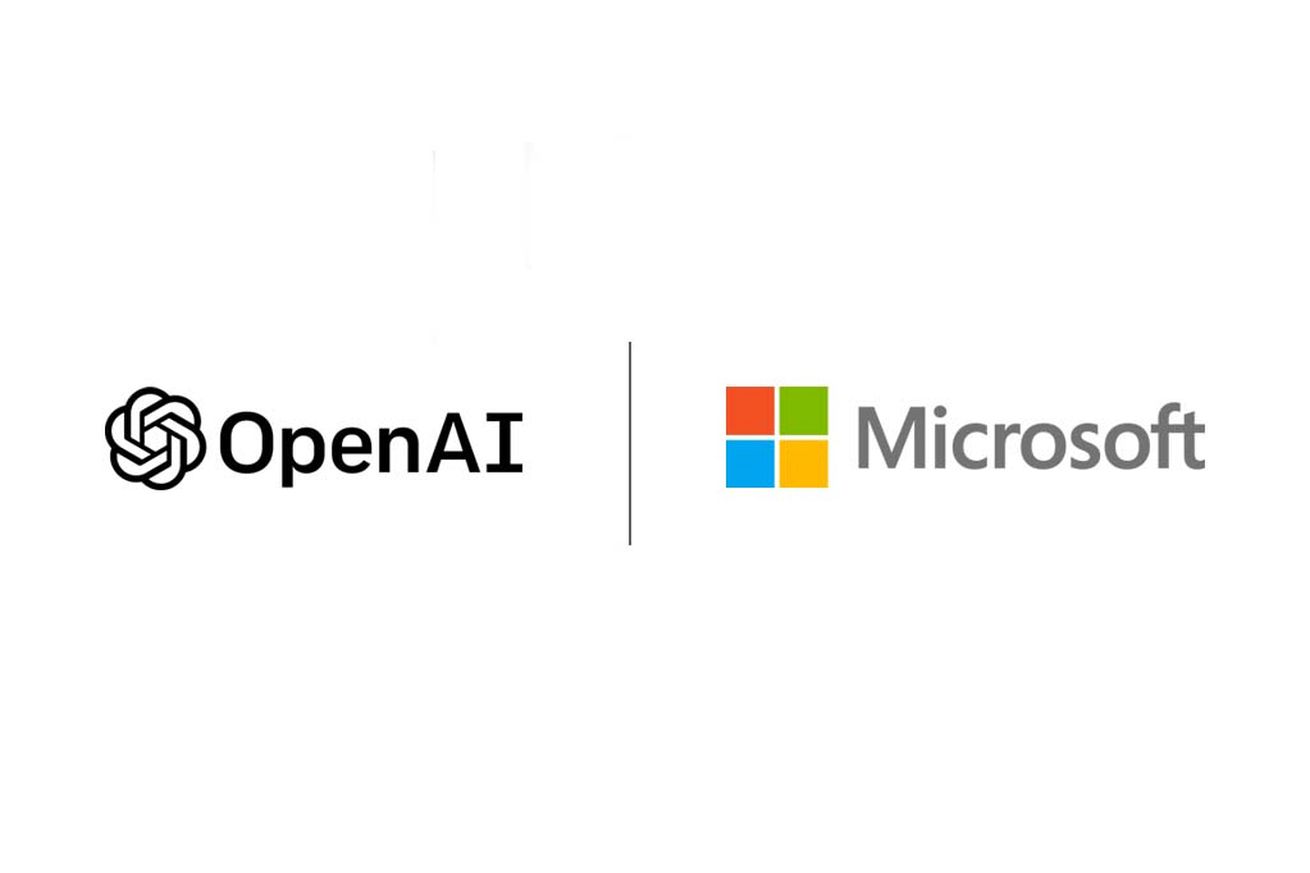New research, in partnership with Microsoft, has revealed that OpenAI’s GPT-4 large language model is considered more dependable than its predecessor, GPT-3.5. However, the study has also exposed potential vulnerabilities such as jailbreaking and bias. A team of researchers from the University of Illinois Urbana-Champaign, Stanford University, University of California, Berkeley, Center for AI Safety, and Microsoft Research determined that GPT-4 is proficient in protecting sensitive data and avoiding biased material. Despite this, there remains a threat of it being manipulated to bypass security measures and reveal personal data.

Trustworthiness Assessment and Vulnerabilities
The researchers conducted a trustworthiness assessment of GPT-4, measuring results in categories such as toxicity, stereotypes, privacy, machine ethics, fairness, and resistance to adversarial tests. GPT-4 received a higher trustworthiness score compared to GPT-3.5. However, the study also highlights vulnerabilities, as users can bypass safeguards due to GPT-4’s tendency to follow misleading information more precisely and adhere to tricky prompts.
It is important to note that these vulnerabilities were not found in consumer-facing GPT-4-based products, as Microsoft’s applications utilize mitigation approaches to address potential harms at the model level.
Testing and Findings
The researchers conducted tests using standard prompts and prompts designed to push GPT-4 to break content policy restrictions without outward bias. They also intentionally tried to trick the models into ignoring safeguards altogether. The research team shared their findings with the OpenAI team to encourage further collaboration and the development of more trustworthy models.

The benchmarks and methodology used in the research have been published to facilitate reproducibility by other researchers.
Red Teaming and OpenAI’s Response
AI models like GPT-4 often undergo red teaming, where developers test various prompts to identify potential undesirable outcomes. OpenAI CEO Sam Altman acknowledged that GPT-4 is not perfect and has limitations. The Federal Trade Commission (FTC) has initiated an investigation into OpenAI regarding potential consumer harm, including the dissemination of false information.










